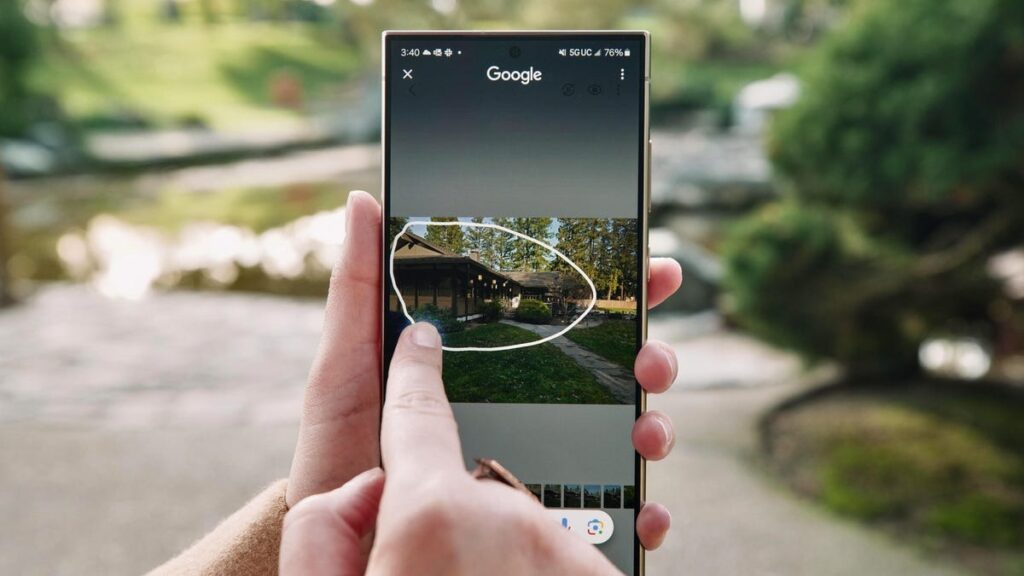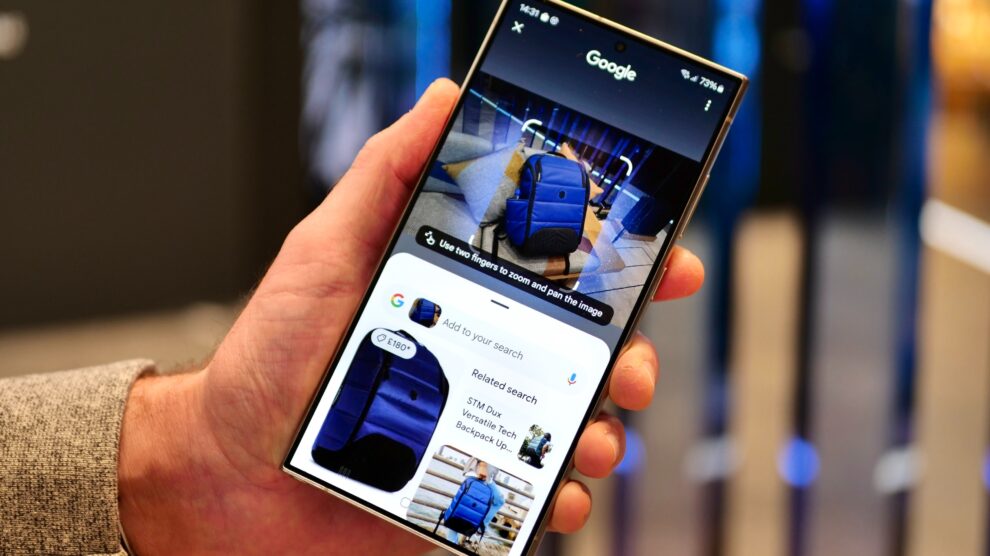Samsung continues pushing the boundaries of on-device artificial intelligence across its high-end Galaxy smartphone lineup. Central to its strategy lies the robust Galaxy AI suite – specialized software enhancing key use cases via machine learning advanced functionality.
Originally developed exclusively for new Galaxy flagships, Samsung is now extending a taste of its AI magic beyond its own ecosystem walls. Through the new Try Galaxy cross-platform app, both iPhone and general Android owners can temporarily experience signature mobile AI capabilities woven throughout Galaxy products.
While this access remains limited compared to native device owners, analyzing what’s included, why Samsung is going more open, and how it showcases their emerging AI leadership proves insightful.
Getting Hands-On with Galaxy’s AI Power
For the uninitiated, let’s highlight some flagship AI experiences temporarily available via the Try Galaxy portal designed specifically for iPhone and Android:
- Scene Optimizer: Dynamically fine tunes camera settings like saturation based on detected environments to maximize photo quality.
- Bixby Assistant: Users can dictate requests covering smartphone functionality queries, calendar scheduling, message dictation and more.
- SmartThings Control: Provides app-based control over connected smart products like lights, locks, televisions and appliances.

Motivations Behind Samsung’s Surprise AI Reach
This shift towards showcasing capabilities beyond Galaxy devices seems counterintuitive – why demonstrate sought-after features competing platforms lack? Two strategic motives likely drove this decision:
- Enticing Ecosystem Switchers: Giving users a temporary taste of differentiation could convince some to switch to Galaxy for the full experience.
- Benchmarking Broader AI Leadership: Reinforcing technological leapfrogging in silicon and software cements brand reputation.
How Native AI Integration Compares
While experiencing demo versions on unsupported iPhones or Android hardware gives a glimpse, limitations persist compared to full integration:
- Constrained Functionality: Standalone app integration prevents the same tight device-level optimizations.
- Limited Context: Isolated app can’t benefit from same breadth of sensor data that native integration allows.
- Intermittent Availability: Temporary demo window limits ability to rely on capabilities driving daily productive value.
Emergence of Specialized AI Chips Fuels Innovation
Underpinning Samsung’s ability to push boundaries with software lies custom developed silicon like the Neuro Processing Unit specifically designed to accelerate machine learning capabilities.
With Apple similarly touting its latest Bionic chips tailored for on-device intelligence, specialized hardware both enables and future proofs smartphone AI leadership claims as this area continues maturing rapidly.
The Outlook for Mainstream Mobile Machine Learning
By providing a small gateway, Samsung hopes to entice owners of other devices to switch for the full benefits of deeply integrated mobile AI. And while demos pale compared to native baked-in features, they offer a compelling glimpse into the future.
With Apple, Google, and others similarly pursuing aggressive AI development, time will tell if Samsung’s early investments and open demo strategy pays dividends in catalyzing ecosystem conversions over the long-term as it aims to push the boundaries of on-device intelligence.










Add Comment